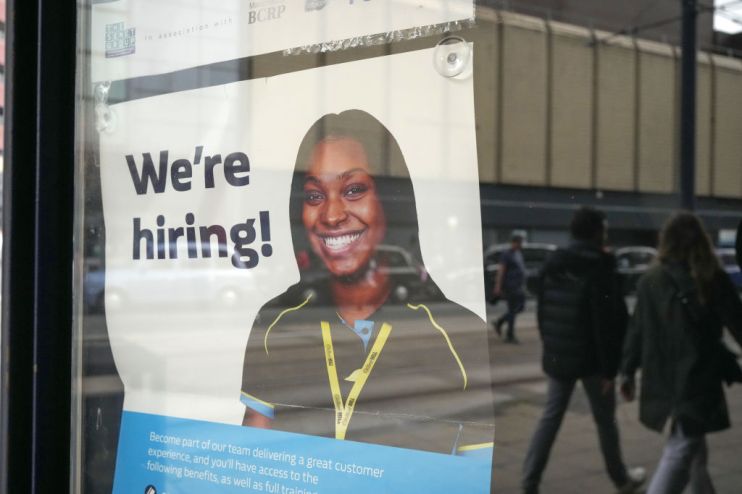Hospitality firms blast government migration plans for ‘shrinking talent pool’

The UK’s hospitality industry has warned that government plans to cut the levels of legal migration into the country will compound the existing labour shortage in the sector.
Kate Nicholls, the chief of UKHospitality, warned that these changes “will further shrink the talent pool that the entire economy will be recruiting from, and only worsen the shortages hospitality businesses are facing”.
Nicholls said around a quarter of the hospitality industry was made up of overseas workers, and added: “These critical workers also bring with them a wealth of experience and skills to help further enhance our world-leading hospitality sector.
“We urgently need an immigration system that is fit-for-purpose and reflects both the needs of business and the labour market. The system at the moment does none of that.”
In recent years, the pandemic, which put a pause on talent entering the UK, combined with government efforts to limit migration, has battered recruitment efforts in the hospitality sector.
UKHospitality said significant shortages remain across Britain’s hotels, restaurants and pubs, with 132,000 vacancies currently open – 48 per cent above pre-pandemic levels.
Emma McClarkin, chief executive of the British Beer and Pub Association, described the move as a “blow” that would make recruiting staff harder for businesses.
Venues “continue to work hard to recruit and train staff from the domestic workforce, [but] the government’s changes to the immigration system will make the recruitment of skilled overseas workers harder and will be a blow for many pub businesses,” she said. “This will compound the existing shortage of chefs and kitchen staff in hospitality, and hold back sector growth.”
“The salary increase will make it untenable for many businesses to recruit from overseas alongside the associated costs and complexities that apply alongside this,” she added.
A host of business groups echoed their worries, with BusinessLDN warning the scheme showed the government was putting “politics over economics” when it came to migration.
While Martin McTague, National Chair at the Federation of Small Businesses said some small businesses who need “international talent are disincentivised by the complexity and high fees in the system”.
He added: “We must make sure businesses remain viable, especially as we wait for the skills system to catch-up. At a time when we need economic growth, we should take care to avoid shocks to the system which could lead to service failure.”
Karim Fatehi, from the London Chamber of Commerce and Industry (LCCI), said businesses had concerns over the new policy and warned that “the new income threshold for visas will make it even harder for firms to recruit”.
He added: “Ministers should not be imposing more costs and red tape on businesses during this cost of living crisis.
“Instead, the government should help people who have low skills with bespoke training and ensure immediate needs are addressed by ending the visa regime’s needless complexity.”
Home Secretary James Cleverly commented yesterday that “net migration remains far too high… far more must be done to bring those numbers down so British workers are not undercut and our public services put under less strain”.
He added: “My plan will deliver the biggest ever reduction in net migration and will mean around 300,000 people who came to the UK last year would not have been able to do so.
“I am taking decisive action to halt the drastic rise in our work visa routes and crack down on those who seek to take advantage of our hospitality.”